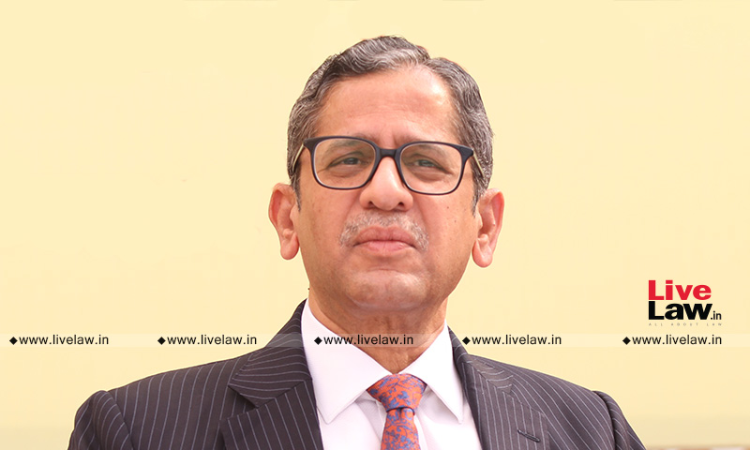'I Don't Think Process Can Be More Democratic Than This' : CJI Ramana On Collegium System
Mehal Jain
12 April 2022 9:06 AM IST

Next Story
12 April 2022 9:06 AM IST
Chief Justice of India NV Ramana on Monday said that the collegium process for judges appointment is democratic as all stakeholders are consulted through a lengthy consultative process."There is an impression in India that judges appoint judges. It is a wrong impression and I want to correct it. The appointment is done through a lengthy consultative process, many stakeholders are consulted....
